Posted on 3/28/2025
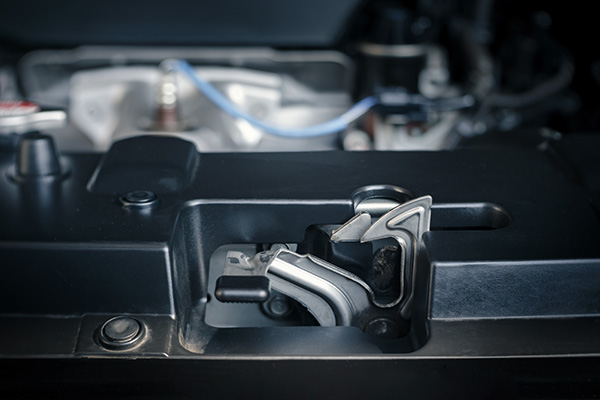
You pull the hood release lever inside your car, expecting to hear that familiar pop—but nothing happens. Or maybe the lever feels loose, or you hear the pop, but the hood stays shut. When your hood won’t open, it’s more than just frustrating—it keeps you from checking your oil, refilling fluids, or inspecting your engine. This kind of problem often catches drivers off guard. It usually seems minor until the moment you need to check something under the hood and realize you can’t. Thankfully, most of the time, it’s a mechanical issue that can be fixed without replacing major components—if you catch it early enough. Causes of a Stuck Hood When the hood release doesn’t work, it’s almost always one of three things: a broken cable, a jammed latch, or a misalignment between the latch and the hood catch. The release system works like this: a cable runs from the lever inside your car to the hood latch under the front of ... read more
Posted on 2/28/2025
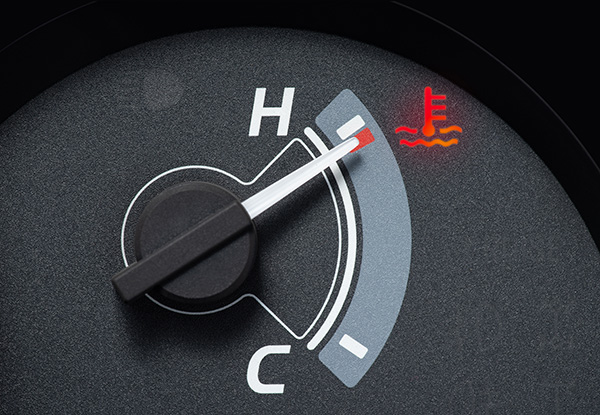
Your engine relies on coolant to maintain the right temperature, but what if the level keeps dropping with no visible leak? It might seem like a mystery, but in many cases, it’s a warning sign of a hidden issue. From internal leaks to evaporation, several factors could be at play. So, what’s causing your coolant to disappear, and when should you be concerned? Internal Coolant Leaks Not all coolant leaks are visible. If coolant is escaping inside the engine, it may not leave behind a puddle or noticeable drips under your car. Instead, the coolant could be mixed with engine oil or burned off in the combustion chamber. Two key culprits behind internal coolant loss are: Blown Head Gasket – The head gasket seals the engine block and cylinder head, keeping coolant, oil, and combustion gases separate. If it fails, coolant can leak into the cylinders and burn off during combustion, leading to white smoke from the exhaust, rough idling, or overheating. Cra ... read more
Posted on 1/31/2025

Buying a used car can be a smart financial move, but it comes with its fair share of risks. While pre-owned vehicles offer great value, they can also hide potential issues that could cost you down the road. That’s why a thorough inspection is necessary before you commit to purchasing. By knowing what to look for, you can make an informed decision and avoid unexpected surprises. Let’s explore what you should inspect before buying a used car to ensure it meets your needs and expectations. Exterior Condition Start your inspection with the car’s exterior. Take a walk around the vehicle and pay close attention to the paint, body panels, and alignment. Are there any dents, scratches, or signs of rust? While minor cosmetic issues may not be deal-breakers, they can indicate how well the car was maintained by its previous owner. Look for uneven gaps between panels or mismatched paint, which could suggest past accidents or poor repair work. Check the window ... read more
Posted on 12/21/2024
%20copy.jpg)
An overheating engine is often thought to be a problem that occurs only during hot summer months, but it can actually happen in cold weather as well. If you've noticed that your temperature gauge is rising into the red even when it's chilly outside, there could be several underlying issues causing your engine to overheat. It's important not to ignore this problem. Let's find out why this happens and what steps you can take to address it. Coolant Problems Your car’s cooling system plays a crucial role in keeping the engine at a stable temperature, regardless of the weather. However, coolant issues are a leading cause of overheating, even during winter. Low coolant levels often lead to trouble. Without enough fluid circulating through the engine, it can’t absorb and dissipate heat effectively. In some cases, the coolant may have the wrong mix of antifreeze and water. Too much water in the mixture can freeze in colder temperatures, blocking ... read more
Posted on 11/29/2024
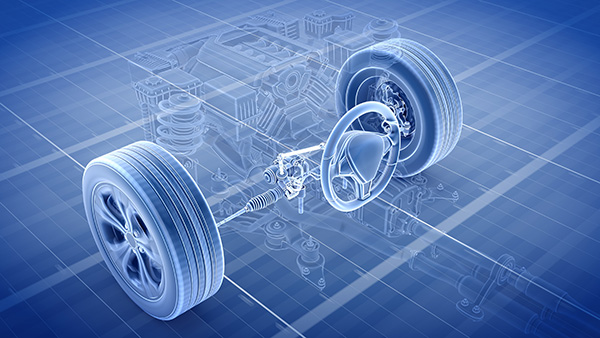
Steering a car might feel as simple as turning the wheel, but behind that effortless motion is a complex system of parts working together to ensure precise control. Whether cruising down a highway or navigating tight parking spots, your car’s steering system helps keep you safe and in command. But how does it actually work? Car Steering At its core, a car’s steering system is designed to change the direction of the vehicle in response to the driver’s input on the steering wheel. The process might seem straightforward, but the system itself is a blend of mechanical precision and engineering brilliance. When you turn the steering wheel, you’re initiating a chain reaction. The motion is transmitted through various components to adjust the angle of the front wheels. This adjustment determines the direction your car travels. Every twist and turn involves precise synchronization to ensure smooth transitions, stability, and control. Key Com ... read more
Posted on 10/31/2024
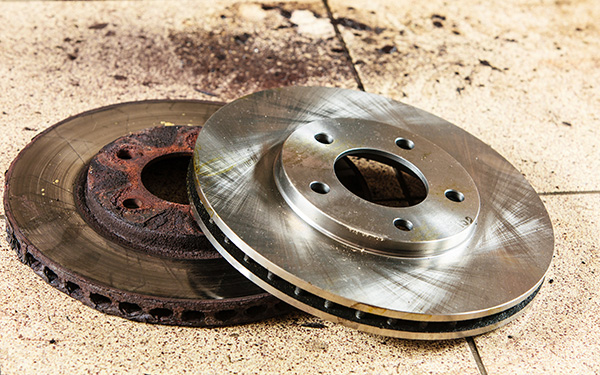
Does your car start shaking every time you press the brakes? It can be an unsettling experience, leaving you wondering what’s happening. If your vehicle vibrates or shakes when you brake, it's not something to ignore. This could be a sign that there’s an issue with your car's braking system or other components. The good news is that understanding what causes this can help you address the problem before it gets worse. We'll explain some of the most common reasons why your car shakes when you brake. Warped Brake Rotors One of the leading causes of brake-related shaking is warped brake rotors. The rotors are the discs that your brake pads clamp down on to slow or stop your vehicle. Over time, due to heat and wear, these rotors can become uneven or “warped.” When this happens, your brake pads don’t make even contact with the rotor surface, causing the vibration you feel through the brake pedal or steering wheel. If you’ve ... read more
Posted on 9/27/2024

There’s nothing quite like hitting the open road and embarking on a long road trip. Whether you're traveling solo or with friends and family, preparing for a lengthy journey requires more than just packing your bags. The right car accessories can make all the difference in ensuring comfort, convenience, and safety during your trip. So, what are the must-have items that will keep you and your passengers happy while making your drive a breeze? Here’s a look at the top seven car accessories you shouldn’t leave home without. 1. Portable Car Charger Let’s face it—our lives revolve around our devices. From GPS navigation to music streaming and keeping in touch with loved ones, your phone is your best friend on a long trip. But when your phone dies mid-journey, it’s not just inconvenient; it can also be dangerous. A portable car charger is absolutely necessary, keeping your devices powered up throughout the trip. Look for a multi-port ... read more
Posted on 8/27/2024
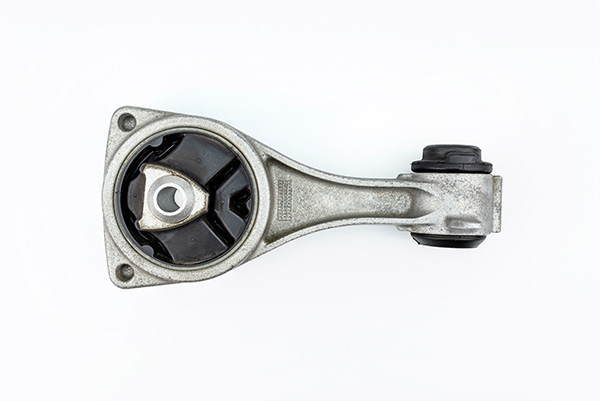
When it comes to maintaining your vehicle, it's easy to overlook the smaller components that can affect performance and safety. One such part that often goes unnoticed is the transmission mount. Although small in size, worn transmission mounts can have a big impact on the way your car drives, handles, and even operates. Understanding how these mounts function and recognizing the signs of wear and tear can save you from bigger problems down the road. What Do Transmission Mounts Actually Do? Transmission mounts are designed to secure the transmission to the vehicle's frame and absorb vibrations from the engine and transmission. Essentially, they keep everything in place while ensuring you experience a relatively smooth and quiet ride. These mounts are typically made of metal and rubber, providing a combination of strength and flexibility. The rubber component absorbs the engine's vibrations, reducing noise and shock. Over time, the constant stress can caus ... read more
Posted on 7/29/2024
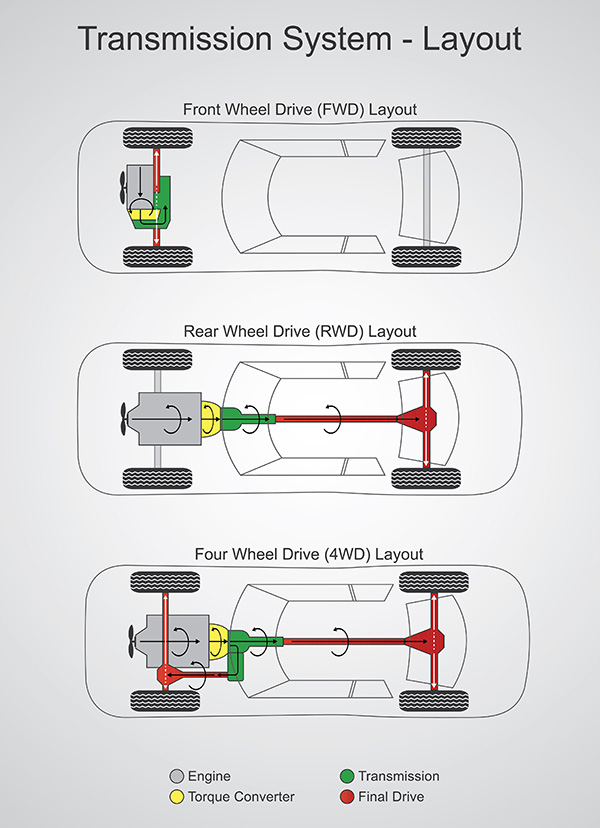
When it comes to choosing a vehicle, one of the critical decisions you will make is selecting between rear-wheel drive (RWD) and front-wheel drive (FWD). This choice significantly impacts your driving experience, vehicle performance, and overall satisfaction. But how do you know which one is right for you? Let's explore the pros and cons of both drivetrains to help you make an informed decision. Rear-Wheel Drive Rear-wheel drive has been the standard in the automotive industry for many years, particularly in performance and luxury vehicles. The engine sends power to the rear wheels, which pushes the car forward. This setup offers several benefits, especially for those who prioritize driving dynamics. Pros of Rear-Wheel Drive:Better Handling and Balance With power distributed to the rear wheels, RWD vehicles typically offer better weight distribution and handling. This is particularly noticeable in high-performance cars, where ... read more
Posted on 6/27/2024
%20copy.jpg)
Detecting a blown engine gasket is crucial for any car owner. If left unchecked, this issue can lead to severe engine damage and costly repairs. But how do you know if your engine gasket is blown? Let's learn how to spot the signs early to ensure your vehicle remains in top condition. What Is an Engine Gasket The engine gasket plays a pivotal role in your engine's functionality. It seals the combustion chambers, prevents coolant and oil from mixing, and maintains the compression necessary for your engine to run efficiently. When this gasket fails, it can cause a cascade of engine problems. Symptoms of a Blown Engine GasketEngine Overheating One of the earliest and most noticeable signs of a blown engine gasket is engine overheating. If your car frequently overheats, especially after a short drive, it could be a signal that the head gasket is compromised. This overheating occurs because the gasket is no longer effectively s ... read more